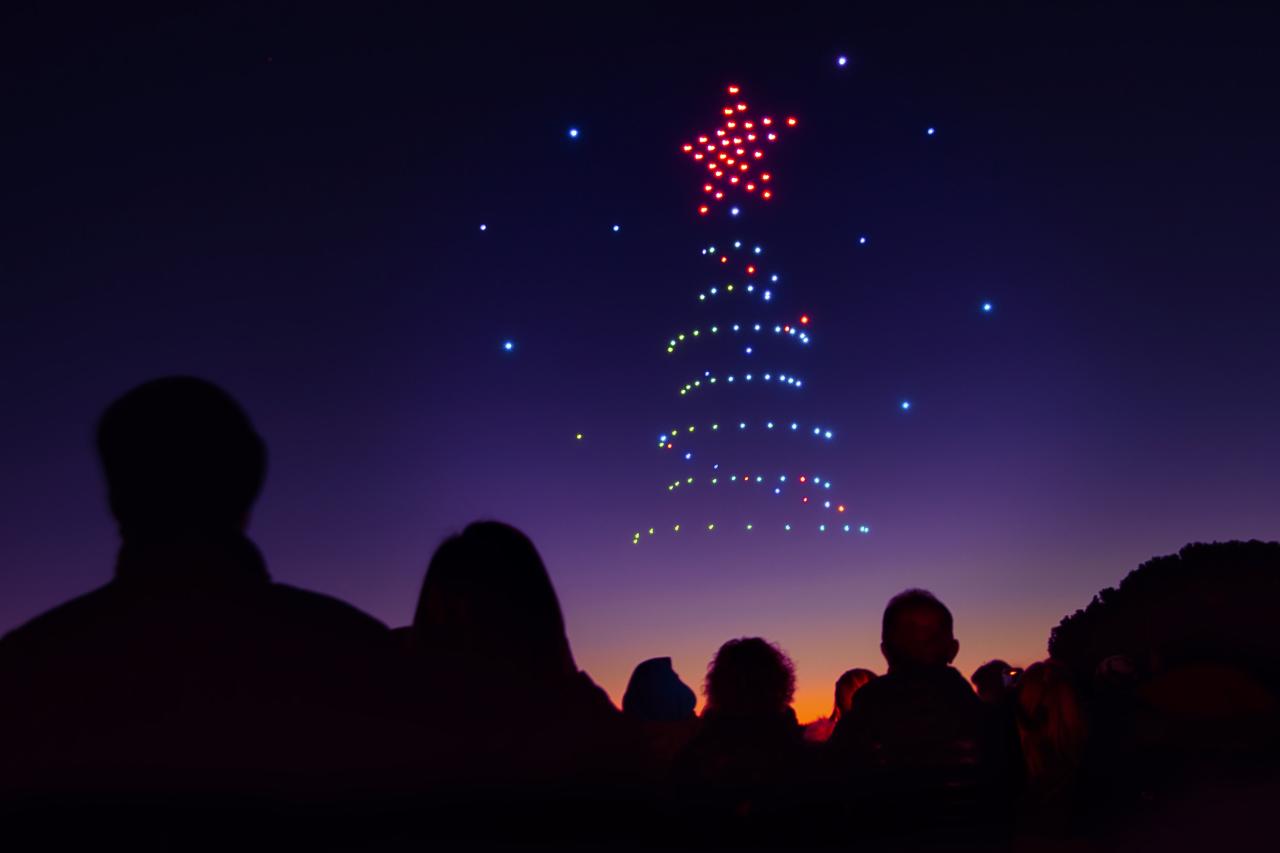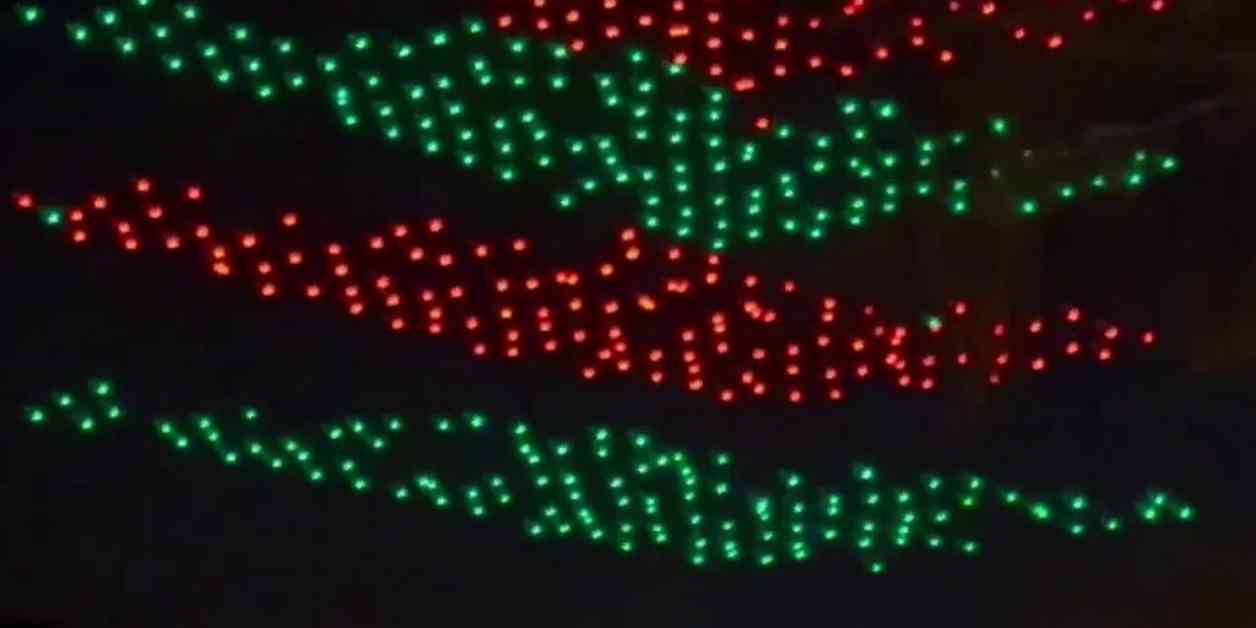Florida drone accidents are increasingly prevalent, demanding a comprehensive understanding of their causes and prevention. This analysis delves into the multifaceted nature of these incidents, exploring the regulatory landscape, environmental factors, technological malfunctions, and crucially, human error. By examining real-world scenarios and hypothetical data, we aim to provide a clearer picture of the risks involved and propose effective safety measures.
We will investigate the various types of accidents, ranging from recreational mishaps to commercial drone failures, highlighting the specific challenges posed by Florida’s unique geography and weather patterns. Furthermore, we will examine the role of pilot training, technological advancements, and regulatory compliance in mitigating these risks, offering practical recommendations for both recreational and professional drone operators.
Florida Drone Accidents: A Comprehensive Overview

Florida, with its diverse geography and popular tourism industry, sees significant drone activity, both recreational and commercial. This naturally leads to an increased risk of accidents. Understanding the types of accidents, regulatory frameworks, environmental influences, technological factors, and human error is crucial for improving drone safety in the state. This article provides a detailed analysis of these factors, offering insights into accident prevention and response.
Types of Florida Drone Accidents
Drone accidents in Florida encompass a range of scenarios, varying in severity and cause. These incidents can be categorized based on the type of operation (recreational or commercial) and the nature of the mishap. Hypothetical data suggests that approximately 60% of accidents involve recreational drones, often due to pilot error, while 40% involve commercial drones, frequently related to mechanical failures or adverse weather conditions.
| Cause of Accident | Drone Type | Frequency (Hypothetical) | Consequences |
|---|---|---|---|
| Pilot Error (e.g., loss of control) | Recreational | 40% | Drone damage, property damage, injury |
| Mechanical Failure (e.g., motor malfunction) | Commercial | 25% | Drone damage, data loss, mission failure |
| Adverse Weather Conditions (e.g., strong winds) | Both | 20% | Drone damage, loss of control, injury |
| Collision with Obstacles | Both | 15% | Drone damage, potential injury |
Regulatory Framework and Compliance
Florida’s drone regulations largely mirror the Federal Aviation Administration (FAA) guidelines, emphasizing safe operation and pilot certification. These regulations aim to minimize accidents by establishing standards for drone operation, airspace restrictions, and pilot qualifications. Compared to some other states, Florida’s regulations are relatively comprehensive but enforcement can vary. Lack of proper pilot certification and failure to register drones are common violations contributing to accidents.
The impact of pilot training is significant; properly trained pilots are better equipped to handle unexpected situations and adhere to safety protocols, reducing the likelihood of accidents.
Environmental Factors
Florida’s unique environment presents specific challenges for drone operation. The state’s diverse geography, including coastal areas, swamps, and unpredictable weather patterns, significantly increases the risk of accidents. High winds, thunderstorms, and heavy rainfall can severely impact drone stability and control, while coastal environments pose challenges due to salt spray and unpredictable currents.
A hypothetical safety protocol would include pre-flight weather checks, thorough site assessments, adherence to FAA airspace restrictions, and the use of appropriate safety equipment.
Technological Aspects and Malfunctions

Technological failures, such as GPS signal loss, battery malfunctions, or motor failures, are frequent contributors to drone accidents. Different drone models offer varying levels of safety features, including redundancy systems and obstacle avoidance technology. Regular maintenance, including inspections and component replacements, is essential for preventing malfunctions.
- Regular battery checks and replacements
- Inspection of propellers and motors for damage
- Firmware updates to address known vulnerabilities
- Calibration of sensors and GPS
Human Factors and Pilot Error

Human error remains a leading cause of drone accidents. Factors such as inadequate training, poor judgment, and distractions can significantly increase the risk. Pilot experience plays a crucial role, with more experienced pilots demonstrating better situational awareness and decision-making skills.
A pilot checklist should include pre-flight checks, weather assessment, airspace awareness, and a plan for emergency situations.
Recent Florida drone accidents highlight the inherent risks associated with unmanned aerial vehicles. These incidents underscore the need for stringent safety protocols, a point further emphasized by a recent incident, as detailed in this report on the orlando drone show malfunction , which showcased the potential for large-scale malfunctions. Ultimately, preventing future Florida drone accidents requires a comprehensive approach to both technology and regulation.
Accident Response and Investigation, Florida drone accident
Reporting drone accidents in Florida involves contacting the FAA and potentially local law enforcement, depending on the severity and circumstances of the incident. Investigations typically involve analyzing flight data, interviewing witnesses, and examining the drone for signs of malfunction. The FAA and local authorities collaborate to determine the cause of the accident and implement corrective measures.
Recent Florida drone accidents highlight the increasing need for robust safety measures in drone operation. The sophisticated technology involved, however, is constantly evolving, as evidenced by advancements like the high-resolution cobequid pass camera , which could potentially improve surveillance and accident response. Ultimately, further technological advancements and stringent regulations are crucial to mitigating future Florida drone accidents.
Safety Recommendations and Best Practices

For recreational drone pilots, adherence to FAA regulations, proper training, and awareness of environmental factors are paramount. Commercial drone operators should prioritize regular maintenance, thorough pre-flight checks, and adherence to strict safety protocols. A comprehensive safety training program should emphasize Florida-specific challenges, such as weather conditions and geographical limitations.
A visual representation of safe drone operation would depict a pilot performing pre-flight checks, maintaining a safe distance from obstacles, and operating within designated airspace, highlighting awareness of weather conditions and emergency procedures.
Understanding the complexities of Florida drone accidents requires a multi-pronged approach. Effective regulation, comprehensive pilot training, robust technological safeguards, and a heightened awareness of environmental factors are all critical components in minimizing future incidents. By addressing these key areas, we can strive towards a safer airspace for drone operations within the state, ensuring both responsible use and the continued development of this burgeoning technology.
Recent news reports highlight a concerning increase in drone-related incidents. A Florida drone accident, for example, underscored the potential for misuse. This prompts reflection on similar events globally, such as the recent kazan drone attack , which further emphasizes the need for stricter regulations and improved safety protocols. Understanding the causes behind these accidents, whether in Florida or internationally, is crucial for preventing future incidents.
User Queries
What is the FAA’s role in Florida drone accidents?
The FAA investigates accidents involving drones that may affect the safety of manned aircraft or result in significant property damage. They establish regulations and enforce compliance.
Are there specific insurance requirements for drone operators in Florida?
Insurance requirements vary depending on the type of drone operation (recreational or commercial). Commercial operators generally need liability insurance to cover potential damages.
What are the penalties for violating Florida drone regulations?
Penalties can range from fines to license suspension or revocation, depending on the severity of the violation.
Where can I report a drone accident in Florida?
Reports should be made to the appropriate authorities, such as local law enforcement and potentially the FAA, depending on the circumstances.
